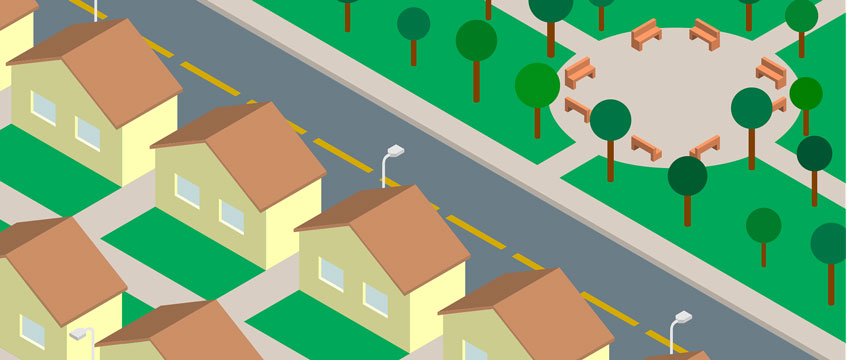Social value should be “as necessary as meeting building regulations” if developers and local authorities are to earn the trust of communities.
This was the message from industry experts questioned by the London Assembly Planning and Regeneration Committee as part of an ongoing investigation into how social value factors into planning decisions across the capital.
The committee’s investigation comes on the back of the London Sustainable Development Commission’s Embedding Social Value into the London Plan, published in August, which made recommendations for how the London Plan can facilitate the realisation of greater social value and promote the mayor’s Good Growth programme. This included the recommendation that the London Plan needs to require every developer to make a social value statement.
Tony Burton CBE, founder of charity Civic Voice and an urban planner who contributed to that report, said social value remained “one of those nice ideas that the planning system is knocking about” but that “there is absolutely no consistent application or understanding of the approach”.
“It is accidents of geography or accidents of personality rather than anything that you can guarantee to be happening, which is why we do need to see it more explicitly recognised in national policy. The NPPF review is an obvious place. The London Plan also needs to be much more explicit about that,” he added.
Air cover
Guy Battle, founder and chief executive of the Social Value Portal, described how his client Islington Council tried to put the requirement for a social value statement into its local plan only to be told by the inspector to take it out because it was not relevant to communities.
“If they had had the air cover of the London Plan, that would not have happened,” he said. “Get social value into the London Plan and make it obvious to every local authority in London that they have permission to embed social value into the planning process. Then, to a certain extent, we need to allow developers to interpret it how they want to interpret it, although there needs to be some form of framework.”
Myfanwy Taylor, lecturer in urban economies and planning at University College London’s Bartlett School of Planning, raised concerns about existing social value not being measured. “It is very hard for new development to ensure it does not damage existing social value if it does not know what the existing social value is,” she said.
“The planning system needs to require local authorities to understand existing social value, in particular in relation to local economies, and ask developers to ensure a) they are not damaging that and b) they are enhancing that. As a bare minimum that needs to involve including existing occupiers in new developments, such that they can continue to benefit from the improvements that come.”
She acknowledged that “social value” is a slippery term, but added: “It is more than economic. We know it is not just the land value that matters. We know it is not just the property value that matters. We know it is not just the developer’s profits that matter. We know value is much bigger than that and we know that we need to talk to the people who live in the area, who will use it, to find out its importance.”
Fine balance
Stephanie Edwards, co-founding director of Urban Symbiotics, described the current situation as disparate across local authorities. “As architects and urban designers, we are always bidding for projects. We always have to answer that question about social value. How are you going to deliver on it? Our concern a lot of the time is that it does not give you enough space to do social value well. It will be: how much money are you going to give to, for example, a community centre? How many apprenticeships are you going to offer?”
Battle acknowledged the dangers of this type of tick-box approach but warned that it could also form useful guidance for developers that “do not have the money or time to start doing lots of exploration with all the communities that they might need to”.
Some developers have additional resources, but for others there is a danger that “piling layer upon layer upon layer of expectation” will exceed viability.
Battle said: “It is a matter of finding that fine balance between providing a tick box, a simple way that people can just get on with it, but still allowing that innovation and creativity that we so need.”
Image © Gustavorezende/Pixabay
Send feedback to Julia Cahill
Follow Estates Gazette











